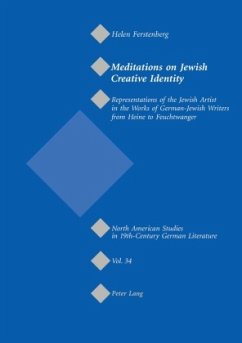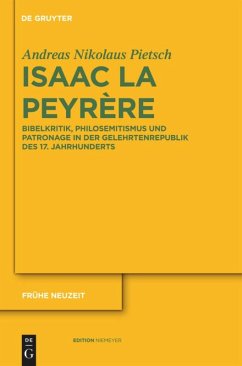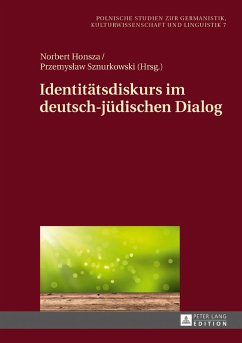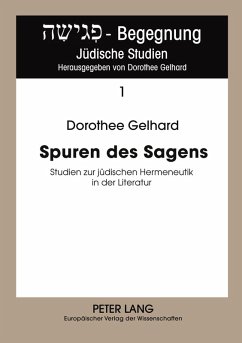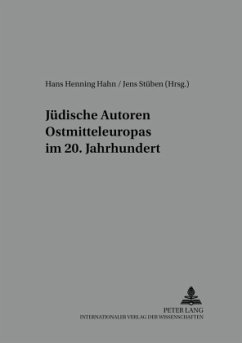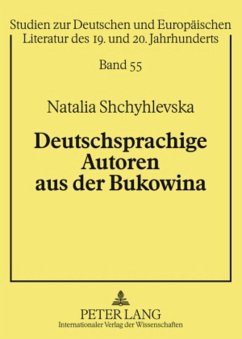
Representations of Jews in Late Medieval and Early Modern German Literature
Second Printing
Versandkostenfrei!
Versandfertig in 6-10 Tagen
57,95 €
inkl. MwSt.

PAYBACK Punkte
0 °P sammeln!
It is commonly held that medieval Christians viewed medieval Jews in exclusively negative terms. This is certainly the dominant opinion in much twentieth-century scholarship, and it is not wholly without justification. It is, however, an opinion that does not accurately reflect the breadth of medieval German Christian thinking about medieval German Jews. Drawing on Passion plays, hagiographical narratives and didactic literature, this monograph reveals a hitherto largely unacknowledged diversity in medieval German representations of Jews. In many of the best-attested texts from the late mediev...
It is commonly held that medieval Christians viewed medieval Jews in exclusively negative terms. This is certainly the dominant opinion in much twentieth-century scholarship, and it is not wholly without justification. It is, however, an opinion that does not accurately reflect the breadth of medieval German Christian thinking about medieval German Jews. Drawing on Passion plays, hagiographical narratives and didactic literature, this monograph reveals a hitherto largely unacknowledged diversity in medieval German representations of Jews. In many of the best-attested texts from the late medieval and early modern periods, Jews appear in German literature as sympathetic, even morally exemplary figures.



